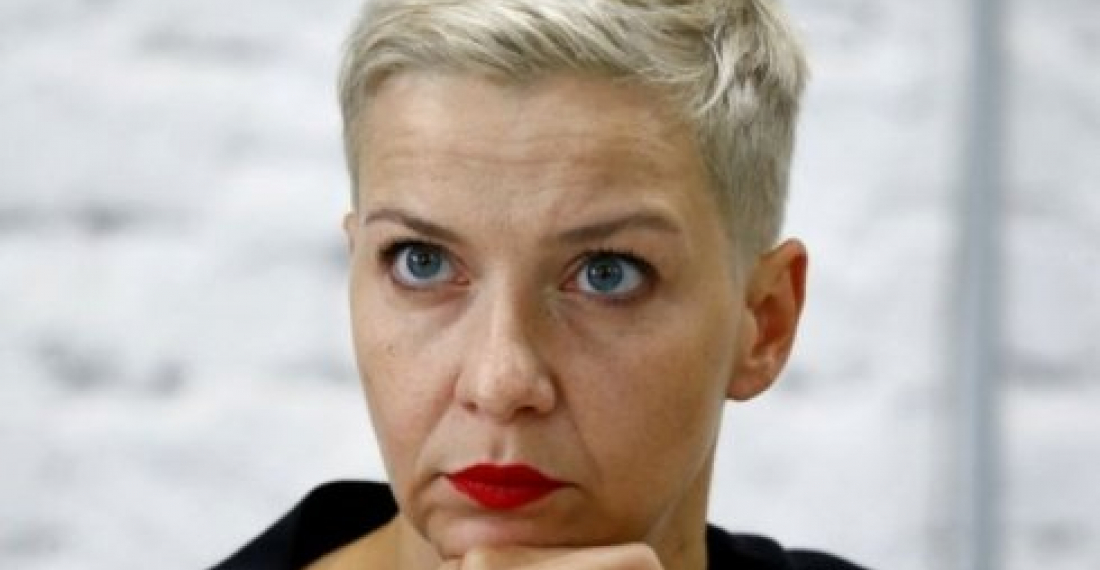Maria Kolesnikova, a prominent Belarusian opposition figure, was reportedly abducted this morning in Minsk. Kolesnikova was a campaign manager for Svetlana Tikhanovskaya, the main Belarusian opposition candidate, who claimed victory over President Alexander Lukashenko following the disputed national elections in August. Kolesnikova is considered the most high-profile opposition figure in the country, with many of her colleagues - including Tikhanovskaya - having fled to neighbouring Poland and Lithuania following the election.
Kolesnikova was reportedly taken this morning at 10am (local time) close to the Belarusian National Art Museum in Minsk. A local media website, Tut.by, gives an eyewitness account by a woman called Anastasia, who reports people in civilian clothes and masks dragging Kolesnikova into a minivan. The abduction was confirmed by Kolesnikova's press aide, Anton Rodnenkov, who has since too been reported missing. Tut.by reports that contact has also been lost with Ivan Kravtsov, Executive Secretary of the Belarusian Opposition Coordination Council.
The disappearances have been condemned by a number of international figures, including the Lithuanian Foreign Minister, Linas Linkevicius, who tweeted, "the outgoing leadership is trying cynically eliminate [the opposition] one by one".
Whilst it is not yet clear who was behind the disappearances, they come alongside a string of civil protests against the results of the national elections on August 9, where the re-election of long-ruling President Lukashenko triggered accusations of ballot rigging. Lukashenko has come under increasing pressure to resign and on Sunday ( 6 September) more than 100,000 people marched on the Presidential residence, resulting in the arrest of 633 protesters. Last week, Kolesnikova had announced the creation of the new 'Together' party, in a move that she said would help to overcome the current crisis.
Main opposition leader, Tsikhanouskaya, referred to the reported abduction as, "an attempt to derail the work of the Coordination Council," emphasising that they "will not be stopped". "The more they try to scare us; the more people will take to the streets. We will continue our struggle and push for the release of all political prisoners and a new, fair election," she continued.
Sources: Commonspace.eu with The Guardian, Yakima Herald, Tut.by and agencies.







